This is the third popular science about this new coronavirus pneumonia.
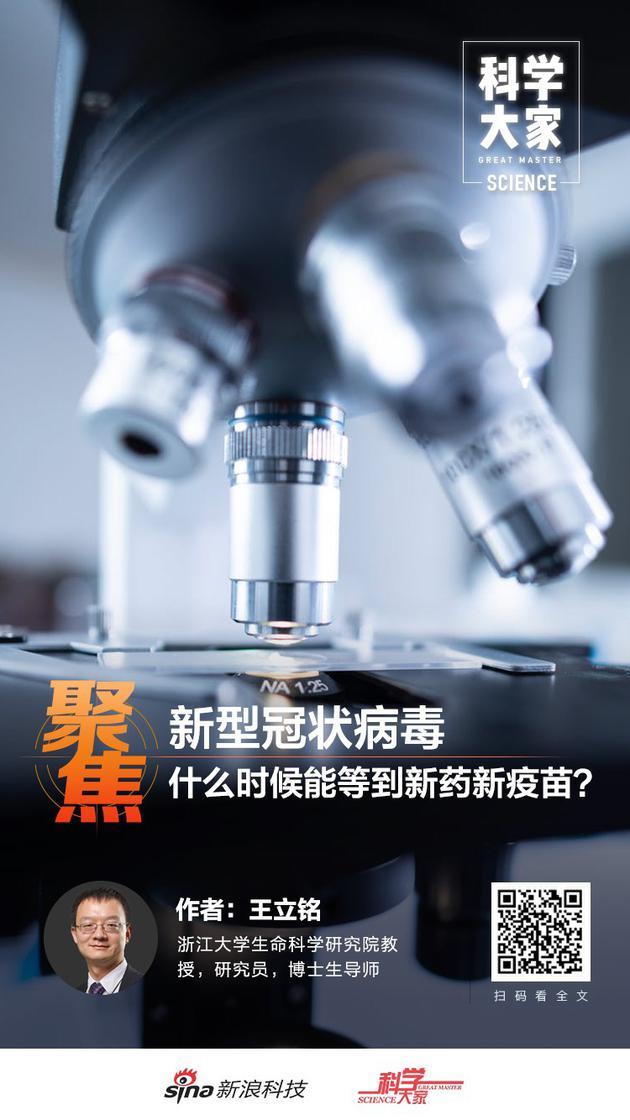
As I mentioned in the first article, when a new type of infectious disease outbreak, the number of patients and deaths are still rising rapidly, people's subconscious problems will be:
"When is there a specific medicine?" "When is there a vaccine?".

Of course, these problems are very natural. Drugs treat diseases and vaccines prevent diseases. If these two things are really at hand, theoretically any infectious disease can be easily solved by us.
Unfortunately, in the real world, scientists and doctors do not have Aladdin's magic lamp.
In the real world, even if the development of new drugs and vaccines is fully carried out immediately, a lot of resources are invested, and green lights are released all the way, there is almost no possibility that it will play a decisive role before the end of the epidemic.
This is certainly not to say that new drug and vaccine development should not be done, it should be! But their greatest value may be to help us fight the possible return of the epidemic in the future.
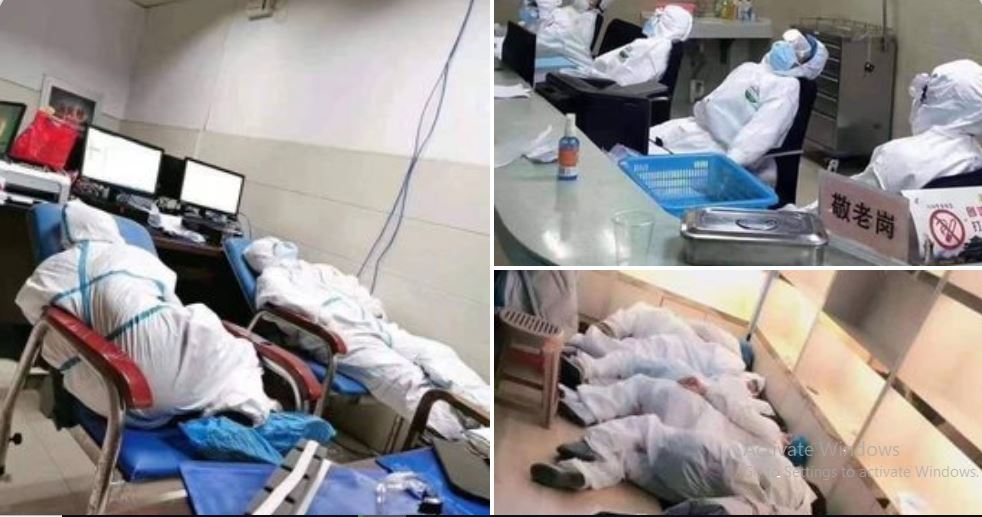
In the real world, one more sad reminder is that as the epidemic subsides, the resources invested in the development of new drugs and vaccines will shrink dramatically, and even if they are developed, it is likely that not enough people will do it. Clinical tests (it's very simple, where are the infectious diseases gone? Where do you go to find a large number of infected people for testing), then leave it alone.
This certainly does not mean that we are helpless in the face of infectious diseases. I emphasized in the first Copley that isolation, an ancient and rude method, can actually help us fight against all infectious diseases, especially severe infectious diseases (milder infectious diseases are not impossible, but generally consider social costs Balance, would not take such extreme measures).
As long as the source of the infection is isolated, the transmission route is cut off, and the susceptible population is protected, then the infectious disease of the new crown virus pneumonia will be restrained in a short time.
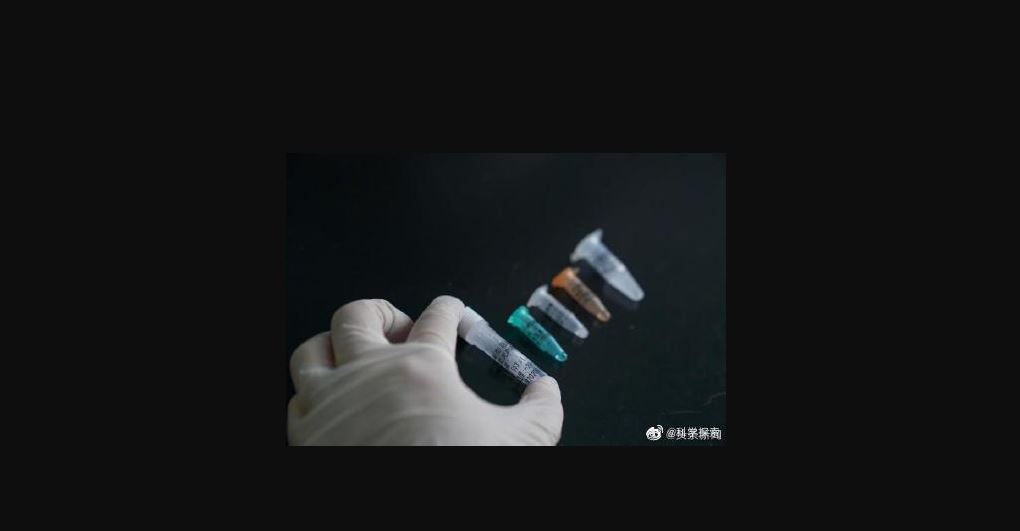
To combat pneumonia caused by viral infections, clinicians have long had mature and systematic methods. High-intensity supportive therapy combined with antiviral therapy can effectively treat most patients.
Then you might be curious: doesn't it? A lot of good news I have seen in the news these days? Scientists from different research institutes have found a lot of specific medicines, and isn't it that vaccine development is fast?
That's right, these messages are indeed a lot. Let me briefly list a few:
Beijing Wei Jian Commission said that one for AIDS cure Kaletra (lopinavir/ritonavir) may be effective against the new virus pneumonia crown, the drug has entered the national health committee health treatment programs (third And fourth edition). Wang Guangfa, director of Peking University First Hospital infected with New Coronavirus pneumonia, was cured by taking this medicine;
The team at Shanghai Fudan University has developed an anti-virus spray that is said to be effective in preventing new crown virus infection and has been equipped with first-line medical staff;
A research team at the School of Basic Medicine of Peking University has used artificial intelligence drug screening system to find a variety of potential drugs, especially the commonly used drug mustang may be able to fight the virus invasion;
The teams of Shanghai University of Science and Technology and the Shanghai Institute of Materia Medica of the Chinese Academy of Sciences also screened out 30 old medicines that might prevent the virus from invading ;
A team at Tsinghua University School of Medicine started vaccine research and development. It is said that the construction of recombinant chimpanzee adenovirus clones has been successfully launched, and has initially provided the basis for assessing the immunogenicity of vaccines. It is planned to start production within two months;
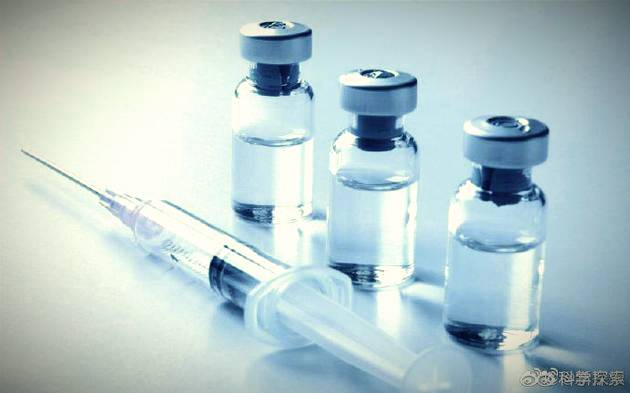
A team from the University of Hong Kong announced that a local virus strain in Hong Kong had been isolated for vaccine development. The next step will be animal testing and then human testing. This news was also dubbed "Hong Kong scientists successfully developed vaccines" in the Mainland. The title is widely disseminated;
Etc., etc. . . .
I think you have also seen similar news. According to the news, we actually have a special medicine against this virus (Kriging), and will soon have more special medicines (such as Mushutan, etc.) And the development of vaccines is also in full swing, and there may be a chance to market in a few months.
Isn't this good? This does not mean that scientists and doctors in our country are very powerful and effective. Is there a magic weapon for combating the new crown virus pneumonia soon?
No.
Not only that, but I'm also scared of these "scientific advances" flooding the headlines. If this news is really seen and accepted by decision-makers, it may seriously affect our confrontation and prediction of the epidemic.
The reason is very simple, whether it is drugs or vaccines, their development, production, and application have basic laws and they require basic time! With strong good wishes, no matter how much resources are put in or if there is an urgent actual demand, there is no way to get around.
I won't go into too many technical details about drug and vaccine development here. In general, they all include three irreplaceable links of preclinical research-human clinical trials-formal promotion and application.
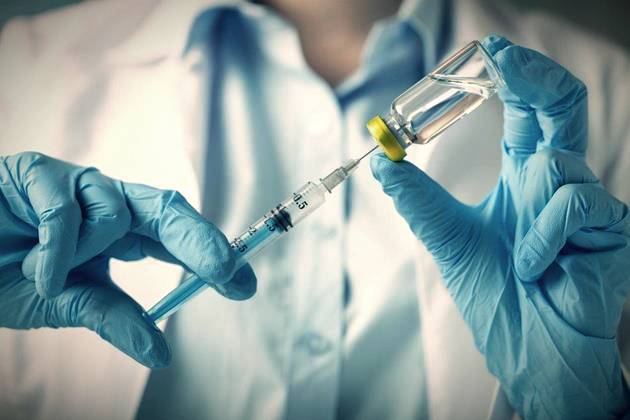
Preclinical research includes all the necessary research work done in the laboratory, including finding candidate drug molecules, conducting various safety and effectiveness tests in cell and animal models; it also includes virus isolation from patients, large-scale culture Preparation of vaccines by virus strains, testing of vaccines on animal models, etc.
Only through passing various tests of drug molecules and vaccines at this stage can we proceed to the next step for testing on humans. The reasoning here is simple. Let ’s just say in a nutshell that human life is off, we must at least roughly prove that a thing is non-toxic and harmless, can we use it for people, especially patients?
Okay, let ’s suppose that during this session, scientists can run at full capacity for experiments, and soon get basic data. Here comes the harder, more time-consuming thing: human clinical trials! We also need to find a group of people (healthy and sick people), let them really try drugs and vaccines, and then continuously observe the drug levels, side effects, and effects in these people. Only when it really proves effective in this small group of people can it be extended to a larger group of people for widespread use.
And because of the nature of human clinical trials, you don't want to go fast at this stage.
It takes time to recruit the subjects; it takes time to screen the subjects one by one to ensure that each of them meets the requirements of the clinical trial; to take drugs or vaccines under strict monitoring, and then continuously monitor the various physiological indicators of these people at high-density Time; you have to stay long enough to see if the effect is really significant and whether the vaccine really protects it (you need to know that it usually takes several weeks after the vaccination does not appear antibodies); you have to leave enough Take a long look to see if the drugs and vaccines are long-term poisonings. . . . There is little room for acceleration in all these things.
Let's think about it. It was supposed to recruit 1,000 people for testing. You only used 50 people. At that time, it will be applied on a large scale. What will happen if the harm is enlarged to hundreds of people? You should have tested only one of three different concentrations.
What do you do if you find that the concentration is too high? Originally one month to see long-term toxicity, you only waited for two weeks, but after a large-scale application to the third week after the poisoning of many people, what should I do?
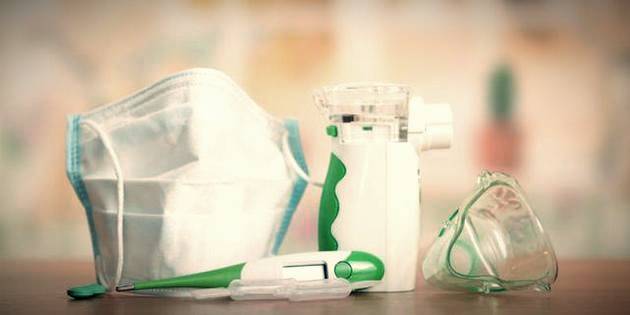
Again, the three links of preclinical research-human clinical trials-formal promotion and application cannot be bypassed at all. Before it is officially promoted, more than 99% of the candidate drugs will be eliminated in the preclinical research-human clinical trials-either they will be found useless, or they will be found to be more harmful than beneficial. Even if this time scientists can screen out several commonly used old medicines that may be useful and quickly enter the human clinic (we will discuss the example of Kriging below), the success rate is not high-historical data It is all drugs that enter clinical trials, and less than 10% can really get approval for marketing.
So in the real world, it would take 10-15 years for the development of a new drug and a new vaccine if it is not 100,000 urgent diseases. Even if the epidemic is in a hurry, all green lights must be released, and some omissions and relaxations will be made in some less critical links. In a few years, it will be impossible to get new drugs and new vaccines!
Let's compare another particularly serious virus infectious disease, Ebola virus.
Currently, humans have developed a vaccine against Ebola virus, rVSV-ZEBOV, which is officially approved for marketing at the end of 2019. The World Health Organization personally took part and approved it at the fastest rate ever-the reason, of course, is the urgency of the epidemic. But even so, the human clinical trial of this vaccine took a full two years, launched at the end of 2014, recruited tens of thousands of subjects in different countries in Africa, and did not get convincing data to prove it by the end of 2016 Safe and effective. (Https: //en.wikipedia.org/wiki/RVSV-ZEBOV_vaccine)
Ebola virus has not yet been officially approved for drugs, but there are indeed two drugs that have not been officially approved but have been used in small areas (REGN-EB3 and mAb114). This is, of course, a helpless response to the disease outbreak, but please note that both drugs have been tested in human clinical trials for the last 2 years (early 2018-late 2019). (Https://www.sciencemag.org/news/2019/08/finally-some-good-news-about-ebola-two-new-treatments-dramatically-lower-death-rate)
I think the case of Ebola is enough to illustrate the problem: no matter how serious the disease is, no matter how urgent our desire for new drugs and new vaccines is, the law of new drug and new vaccine development cannot be surpassed. Even if the speed of Chinese scientists is comparable to that of the world's top pharmaceutical R & D institutions, and even if the Chinese government agencies cooperate seamlessly, 1-2 years or more is a minimum requirement.
This means that in this epidemic of new coronavirus pneumonia, as long as public health measures such as quarantine are effective, new drugs and new vaccines will have little effect.
Then you might say, well, I believe you in theory, but since the disease is so serious, can we not take risks? We're just too scared. We just want to try new drugs and vaccines that may still be at risk.
Not really.
In the face of illness, it is indeed difficult for individuals to resist the temptation to try new drugs and vaccines. But in fact, this decision should not be made by individuals at all! Today, the threshold of medical knowledge is very high. An ordinary layman simply does not have enough knowledge reserves to judge how good a thing without serious verification is, how good it is, how bad it is, and whether it can withstand it. . It's too easy to get into a sudden illness, get medical treatment, break a jar, drop a horse, and treat a dead horse as a living horse.
Do you remember the Fukushima earthquake grabbing iodized salt? Do you remember robbing Banlangen during the SARS period? The fact is that if you really ate iodized salt and drunk Banlangen at that time, your body is more likely to have problems than the possibility that you are really irradiated with SARS..
Specific to this epidemic situation, the AIDS drug Krizi we mentioned just now is a good example.
As far as I know, following the news from Director Wang Guangfa of Peking University, and after it was written into the guidelines of the Health Commission, a large number of first-line doctors and patients have begun to urge this drug.
But what they probably don't know is whether this drug can treat the new coronavirus pneumonia, and the current evidence is extremely limited! It was used this time, and the only possible basis is that Hong Kong scholars tried the drug in more than 40 patients during SARS in 2004 and found that it worked well afterwards and reduced the risk of death (Chu CM et al Thorax 2004). But even this study itself has been seriously questioned by many scientists (Stockman LJ et al PLoS Med 2006). And whether it works for this new virus, there is currently no human clinical data to support it! In contrast, even in small-scale attempts, doctors have observed many serious side effects, such as adverse cardiac reactions, gastrointestinal reactions, abnormal blood glucose, pancreatitis, elevated blood lipids, and liver damage. Considering that many critically ill patients carry many basic metabolic and cardiovascular and cerebrovascular diseases this time, these side effects are even more alarming.
Of course, the case of Director Wang Guangfa did give us some confidence: this drug may really work. However, in medical practice, the preferred evidence is the design and execution of rigorous randomized controlled clinical studies, followed by high-quality observational studies, etc., and the use of individual cases must be discounted at a huge discount. Considering that many patients with new coronavirus pneumonia can heal themselves and many patients can recover well after supportive care treatment, it is actually very difficult to judge to what extent Director Wang's situation is related to drugs. Ebola drugs actually provide a counterexample: In 2014, two Americans were infected with Ebola virus and received treatment in the United States. At that time, American doctors tried a form of ZMapp that was not officially marketed and was undergoing human clinical research. Drug. Later, the two patients recovered and were discharged, but ZMapp found in subsequent research that it was useless at all! (Doctors estimate that it may be the hospital's strong supportive treatment that saved them)
It will take time to find out if this medicine is really suitable for patients with new coronavirus pneumonia this time.
Chinese doctors have applied for a truly serious human clinical study in Wuhan (Cao Bin et al., “A review evaluating the efficacy and safety of combined standard therapy of lopinavir and ritonavir in hospitalized patients with new coronavirus infection in 2019” Randomized, open, controlled study "), I hope to tell you as soon as possible whether this drug is really a legendary specific drug, but before then, blind use may have a price.
This is true for Coolidge, especially for other so-called "specific medicines", let alone various vaccines.
Once again, no matter how serious the disease is, and no matter how urgent our desire for new drugs and vaccines is, the law of new drug and vaccine development cannot be surpassed. Shortening the time and standards of research at will seems to be the urgency of the people, but it may pay a painful price that no one of us can accept!
The last thing I want to say is: why? Why are rumours of new drugs and vaccines so crowded during this time?
These things are naturally popular headlines for the news media and common people.
But what I don't understand is, Chinese scientists, why are you so anxious?
Don't they understand the law of new drug and vaccine development?
Don't they know that the so-called specific medicines they claim, and the cycle of vaccine development they promised, may not be reliable at all, or impossible to achieve in the short term?
Allow me to extend a little bit more. In addition to news about new drugs and vaccines, Chinese scientists have also published a series of so-called "research papers" in a hurry recently, ranging from "hosts of the new crown virus are snakes and minks" to "the virus" in particular "Easy to invade Asian men", and there are various unreliable mathematical models for measuring the prevalence of the disease. . .
A general feeling to me is a word--
"anxious".
There is nothing wrong with scientists going fast.
We do have the power to explore any scientific issue of interest.
At this special moment, we should also devote ourselves to the research of infectious diseases. How much investment is worth it.
For possible new drugs and vaccines, do a good job in preclinical research, accumulate enough data, and actively apply for rigorous clinical trials, in order to really find several things that are beneficial to patients for the benefit of ordinary people this is of course very very good one thing.
And even if these research results cannot be used in this epidemic, as long as they can concentrate on research, these results will certainly help humans better understand infectious diseases. If the disease returns, their value is inestimable.
However, I really want to ask:
Do we really need to publish research papers that are inadequately researched, the quality of the data is low but easy to attract attention or even mislead the public?
Is it really necessary for us to give the media the so-called new drugs and vaccines that are almost impossible to develop quickly so that the people of the whole country have false hopes and gratitude to you?
Either a new drug or a new vaccine, or a new scientific discovery, can we do it in a down-to-earth manner and follow the scientific rules until the data can convince ourselves, our colleagues, and then publish a paper and go to the media?
As scientists supported by the entire Chinese people, as a group of people who understand the laws of science better than ordinary people, where are our historical and social responsibilities?
Allow me to emphasize again, no matter how serious the disease is, and no matter how urgent our desire for new drugs and vaccines is, the law of development of new drugs and vaccines cannot be surpassed. Shortening the time and standards of research at will seems to be the urgency of the people, but it may pay a painful price that no one of us can accept!
Image Source = MyDrivers
Image Source = MyDrivers








7 Comments
Moreover, places of worship have been shut on the grounds that, as of late, individuals have started to take strict ancient rarities from them when the temples and altars are not protected. N95 Face Mask
ReplyDeleteHygiene isn't simply washing hands, being spotless and showing up great. Hygiene is of various perspectives.what is this
ReplyDelete
ReplyDeleteNice Blog. Thanks for Sharing this useful information...
Data science training in chennai
Data science course in chennai
Very awesome!!! When I searched for this I found this website at the top of all blogs in search engines.
ReplyDeletebest data science institute in hyderabad
You totally coordinate our desire and the assortment of our data.
ReplyDeleteartificial intelligence course in pune
360DigiTMG, the top-rated organisation among the most prestigious industries around the world, is an educational destination for those looking to pursue their dreams around the globe. The company is changing careers of many people through constant improvement, 360DigiTMG provides an outstanding learning experience and distinguishes itself from the pack. 360DigiTMG is a prominent global presence by offering world-class training. Its main office is in India and subsidiaries across Malaysia, USA, East Asia, Australia, Uk, Netherlands, and the Middle East.
ReplyDeleteThere are currently several vaccines that have been developed and authorized for emergency use to protect against COVID-19, the disease caused by the coronavirus. These vaccines have been shown to be highly effective in preventing severe illness and death from COVID-19.
ReplyDeleteThe development of a new vaccine for COVID-19 pneumonia would depend on several factors, including the need for the vaccine (i.e., whether the existing vaccines are effective against new strains of the virus), the availability of funding for research and development, and the success of clinical trials.
There are ongoing efforts to develop new vaccines and to improve the existing ones. Researchers are also studying whether booster doses of the existing vaccines may be needed to provide ongoing protection against COVID-19. However, predicting when a new vaccine will be available is difficult, as it depends on a number of factors and can vary depending on the specific vaccine in question.
In the meantime, it is important to continue following public health guidelines, such as wearing masks, practicing physical distancing, and washing hands frequently, to help prevent the spread of COVID-19.
Like a Reply